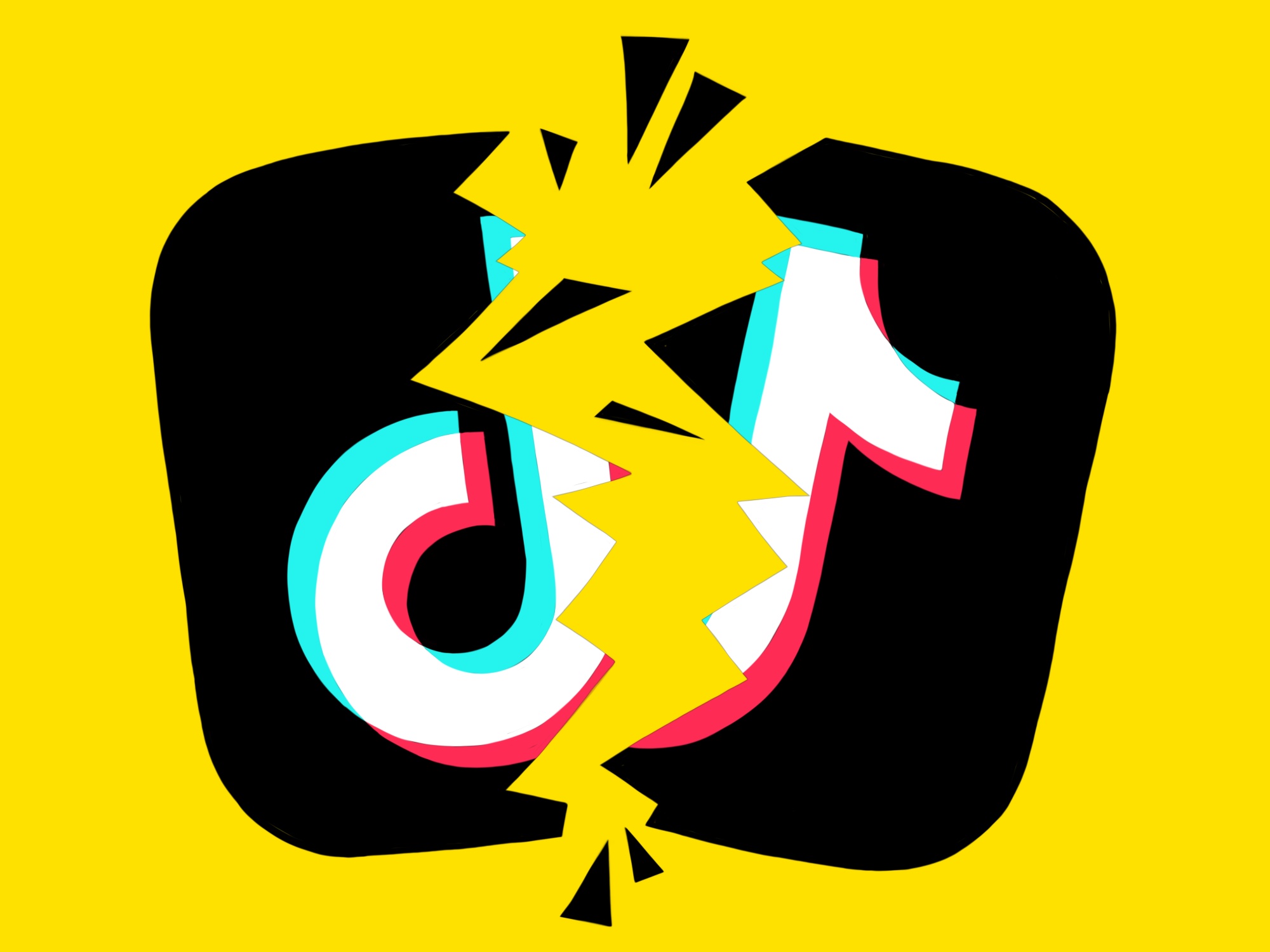The House of Representatives passed a bill last Wednesday that would force Chinese internet company ByteDance to sell the popular social media platform TikTok. A refusal to sell would effectively ban TikTok in the United States.
The bill passed in a resoundingly bipartisan vote of 352 to 65, with one member voting present. Proponents of the legislation argue that Chinese ownership of TikTok poses national security risks because American user data may be exposed to Chinese government surveillance.

That being said, is Chinese ownership of user data really as much of a concern as Congress makes it out to be?
Cybersecurity experts told ABC News last March there is no evidence that TikTok has shared U.S. user data with the Chinese government, or even that the Chinese government has asked the app to do so.
Besides, user data collection is not unique to TikTok. Meta, parent company of Facebook and Instagram, collects the content, communications and other information provided by users when they use the apps, according to its data policy.
It’s all part of social media algorithms, which create a more positive user experience through content personalization. Frankly, if TikTok needs our data to supply us with a stream of entertaining videos on our “For You” pages, be our guest.
In fact, if any app were to pose a risk to the distribution of user data, it’s Facebook. The Cambridge Analytica scandal is a prime example of this, when the company used personal information harvested from more than 50 million users without authorization to target them with personalized political advertisements by late 2015.
So, if domestic social media apps have actually succumbed to data breaches that impacted millions of Americans in the past, why is internationally-owned TikTok the issue now?
It could be the result of American nationalism and our country’s increased competition with China. Other popular social media apps such Instagram, X, Facebook and Snapchat are all American-owned, but TikTok’s dominating popularity in the U.S. — with 148 million users — may be threatening our government’s ego.
U.S. legislators could also be making generalizations about ByteDance that have led to increased opposition to TikTok — but they shed light on American ignorance and xenophobia.
For example, in a hearing with executives of several technology firms about ensuring child safety on social media, Sen. Tom Cotton grilled TikTok CEO Shou Chew about his nationality and insinuated he is affiliated with the Chinese Communist Party, to which Chew continued to affirm, “I’m Singaporean.”
Chinese ownership of TikTok is not the concern that House legislators think it is. Of course, that still doesn’t make TikTok perfect.
TikTok is easily digestible, yet highly addictive, with a format that makes it easy for users to fall down a rabbit hole on their “For You” page — a few minutes of scrolling can turn into several hours in the blink of an eye.
The app has also led to an explosion of content creation. As opposed to other social media video sites like YouTube, TikTok as a platform is conducive to posting more often. It’s safe to say our generation is “chronically online” to a concerning degree.
The app has also been guilty of promoting problematic content that can negatively impact users’ mental health. This isn’t just through the content circulated on the “For You” page, but also through advertisements.
Despite saying it was banning ads that promote weight-loss supplements and fasting in 2020, TikTok hypocritically accepted $4.3 million in ad revenue from companies selling these kinds of products in 2022 and 2023.
These ads can lead to the perpetuation of unrealistic ideals and body standards that can damage self-esteem if extreme weight-loss results don’t come to fruition. Putting a price on unrealistic expectations is also ethically troubling.
There are definitely reasons to delete the TikTok app off your phone or call into question the company’s business practices, but Chinese collection of user data is not one of them. However, there are also many great things that have come out of TikTok that deserve recognition.
TikTok has been a vibrant hub for free expression online, especially for Generation Z. Our generation has found a voice like no other thanks to this app, with two-thirds of American TikTok users belonging to that demographic.
TikTok also has educational benefits — exemplified by the app’s introduction of a “STEM” feed dedicated to content related to science, technology, engineering and math last year — and is the home to more than seven million businesses, according to research by Oxford Economics.
Politics have a place on TikTok too, with many legislators and politicians regularly posting to the platform. But some of these politician influencers voted in favor of the TikTok bill — hello, Rep. Jeff Jackson.
At the end of the day, Congress is not concerned about TikTok for the reasons they should, and the ban measures being taken may strip the American people, particularly Gen Z, of an app that, despite its flaws, has revolutionized society in a net positive way.
It is uncertain whether the Senate will pass the bill, but President Joe Biden has said that he would sign it if it got to his desk. Hopefully, the Senate will have some common sense.
This Editorial was written by Opinion Co-Editor Lauren Albano.






















































































































cool math games 8 ball pool • Mar 27, 2024 at 3:08 am
Keep this going please, great job!